The 1929 Crisis -- Wall Street's Darkest Hour -- Wash, Rinse, Repeat
The crash of 1929 is remembered as an unnecessary disaster, a market event that need not have led to economic collapse. What is not recalled is that people then, too, were confident about many of the same things that seem so reassuring today.
"While bubbles that burst are scarcely benign, the consequences need not be catastrophic for the economy,'' said Alan Greenspan, the chairman of the Federal Reserve Board, in congressional testimony this summer. It was not the crash, but "ensuing failures of policy'' that led to the Great Depression, he said. He seemed confident that he could prevent similar errors if there were another crash, and recalled how the economy had not been devastated by the 1987 crash.
While considering such self-confidence, it may be useful to recall an editorial published in The New York Times in the midst of the 1929 crash, on Oct. 26. It heaped scorn on those who had participated in the "orgy of speculation'' that had sent prices so high amid talk of a new era and permanently high stock prices." We shall hear considerably less in the future of those newly invented conceptions of finance which revised the principles of political economy with a view solely to fitting the stock market's vagaries.''
But after blasting the speculators, The Times took a much more sanguine view of the economy's future. The Federal Reserve had "insured the soundness of the business situation when the speculative markets went on the rocks.''
Considering the dire straits the world finds itself in today, this was a grave error, which personally I find hard to conceive, or another clear lie and misdirection, wouldn't you say?
-
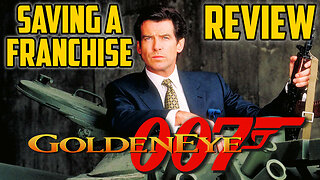 35:39
35:39
Degenerate Jay
20 hours agoGoldenEye 007 Saved James Bond - Movie Review
23.6K2 -
 14:54
14:54
Mr Reagan
20 hours ago $0.46 earnedWE ARE ALL MAGA NOW
18.7K43 -
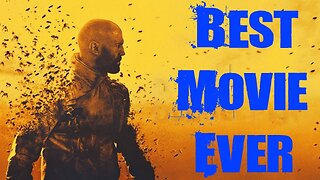 15:35
15:35
Space Ice
19 hours ago'The Beekeeper' Exposes The Dark, Gritty, & Violent World Of Apiculture - Best Movie Ever
19.4K20 -
 3:29:53
3:29:53
SonnyFaz
23 hours agoEric Kelly Trains Sonny FULL STREAM
22.1K8 -
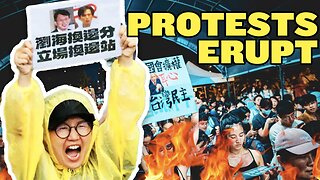 9:32
9:32
China Uncensored
14 hours agoBad Things Are Happening In Taiwan...
24.8K19 -
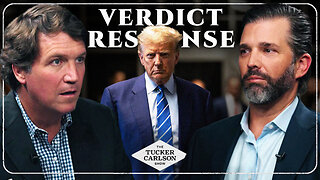 38:24
38:24
Tucker Carlson
11 hours agoTucker Carlson and Donald Trump Jr. Respond to the Trump Verdict
114K637 -
 2:01:47
2:01:47
Fresh and Fit
11 hours agoOne Hit Wonder 🤡 Kicked Off For THIS...
185K411 -
 34:19
34:19
Alexis Wilkins
18 hours agoBetween the Headlines with Alexis Wilkins: The Verdict and More
49.1K30 -
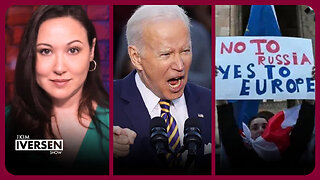 1:11:21
1:11:21
Kim Iversen
17 hours agoWW3?!? Is The West Secretly Behind Another Color Revolution Aimed At Toppling Russia? | Biden Maniacally Bombs Yemen and Russia
94.2K95 -
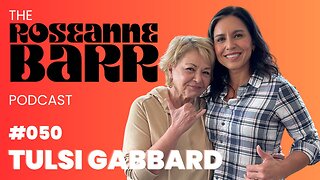 1:36:46
1:36:46
Roseanne Barr
15 hours ago $73.82 earnedFor Love of Country with Tulsi Gabbard | The Roseanne Barr Podcast #50
102K180